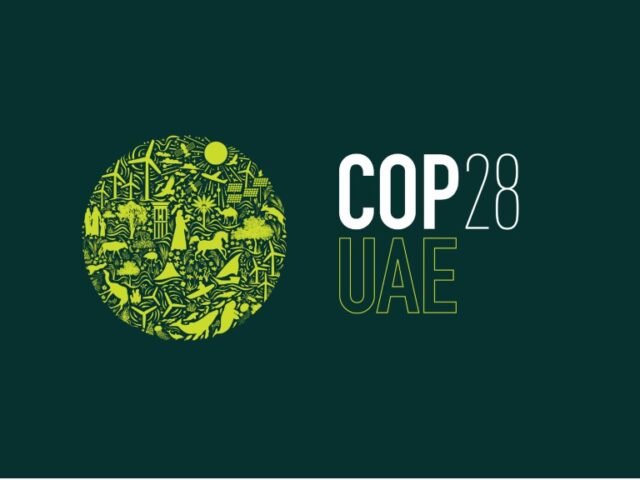In a startling revelation, leaked briefing documents have exposed the United Arab Emirates’ (UAE) intentions to utilize its hosting of the COP28 summit as an opportunity to strike oil and gas deals with at least 15 nations. The documents, obtained by independent journalists at the Centre for Climate Reporting in collaboration with the BBC, suggest that the UAE’s COP28 team prepared talking points for meetings with foreign governments, aiming to discuss potential fossil fuel collaborations. Sultan Al Jaber, the president-designate of the UN COP28 climate summit and CEO of the UAE national oil company, Adnoc, faces criticism for potential conflicts of interest. Campaigners argue that his dual role could compromise the summit’s integrity, as he revealed plans to engage businesses and other oil producers, including Saudi Arabia. Saudi Arabia, the world’s second-largest oil producer, has historically posed challenges in climate negotiations. However, Al Jaber hinted at positive commitments from the country, suggesting the possibility of a compromise commitment to a “phase-down of unabated fossil fuels.”
The UN body responsible for the COP28 summit emphasized the expectation that hosts would act without bias or self-interest, calling for a commitment to address the urgent need to reduce greenhouse gas emissions. The summit is set to convene more than 70,000 delegates, including ministers and high-ranking officials from 198 countries, all working towards agreements to limit global temperature increases to 1.5°C above pre-industrial levels. Amid concerns about the presence of fossil fuel companies and lobbyists at the talks, Al Jaber defended their inclusion, stating that all sectors, including heavy-emitting industries and oil and gas, must be part of the solution. Leaked documents indicate the UAE’s intention to use COP28 to promote oil deals, raising further questions about the role of private interests in the global climate dialogue.
While a compromise was recently reached on establishing a fund for loss and damage caused by climate disasters, concerns persist as the fund remains unfilled. Both rich industrialized countries and emerging economies, including oil-producing nations, are expected to contribute. Al Jaber expressed hope for progress on this front and urged countries not to delay agreements until the final days of the summit. The UAE team neither confirmed nor denied using COP28 meetings for business talks, emphasizing the confidentiality of private meetings. As the COP28 summit kicks off on November 30, the leaked documents shed light on the delicate balance between addressing climate change and potential conflicts of interest that may undermine the global effort to combat the climate crisis.









